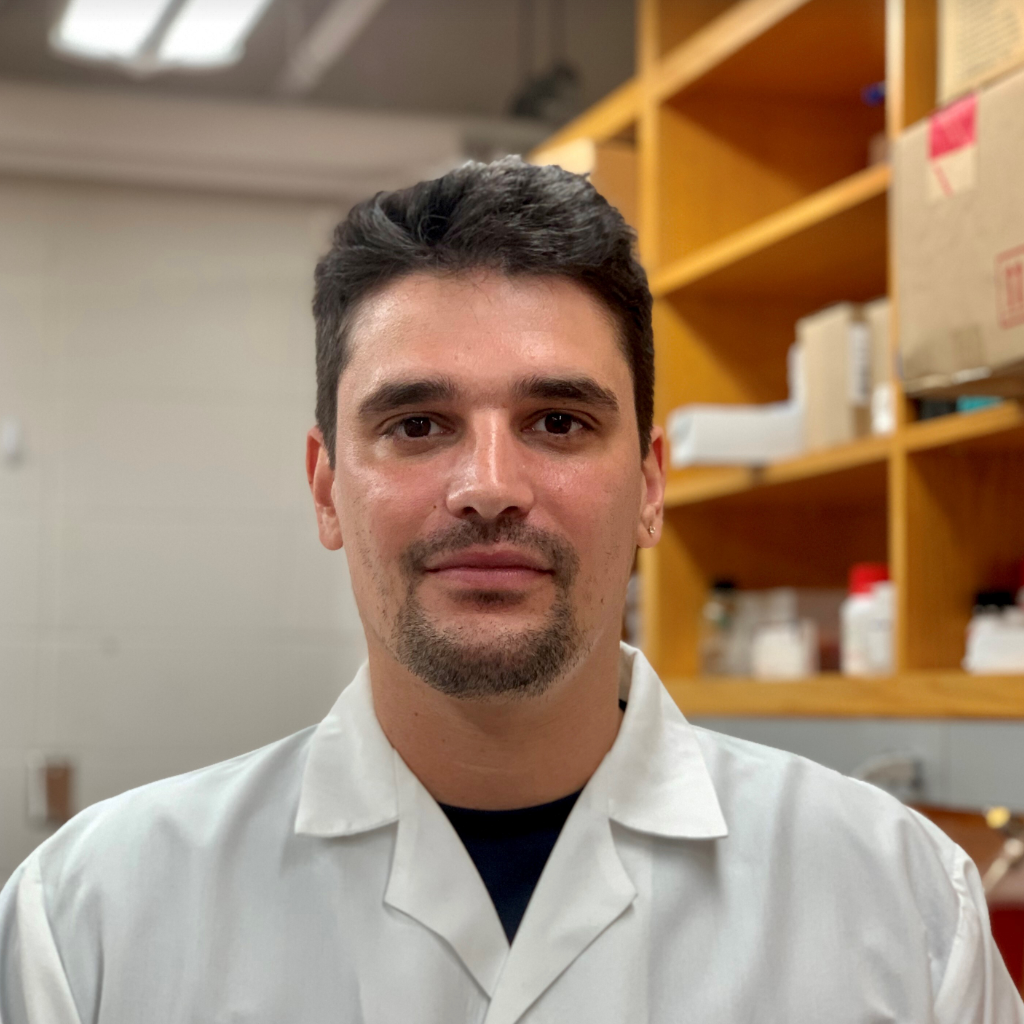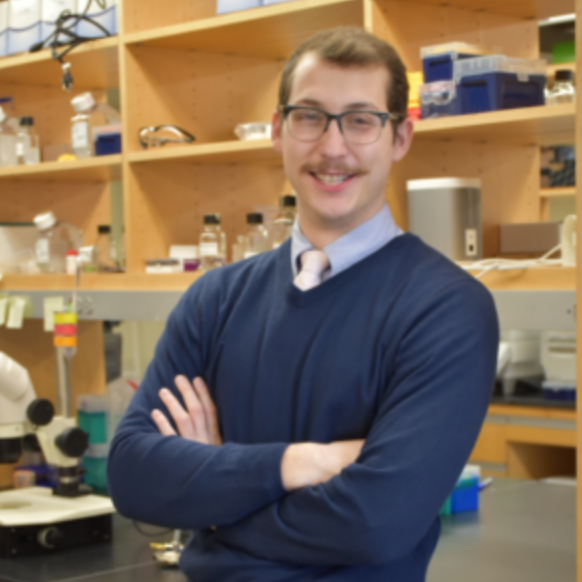Manning Lab
The Manning lab is defining the molecular connections between nutrient signaling and metabolic networks under both physiological and pathological states. Lab researchers are particularly focused on the role of the PI3K-mTOR signaling network in the control of cellular and systemic metabolism and its impact on the insulin response, type-2 diabetes, cancer, neurological disorders, and aging.
665 Huntington Ave
Building 2, Rm. 127
Boston, MA 02115
Meet the Team
Barry R. and Irene T. Bloom Professor of Public Health
Dr. Manning is the Chair of and a Professor in the Department of Molecular Metabolism at the Harvard T.H. Chan School of Public Health and the Department of Cell Biology at Harvard Medical School, and a Faculty Member of the Dana-Farber/Harvard Cancer Center. Dr. Manning received his B.S. from the University of Massachusetts, Amherst, and his Ph.D. from Yale University. During his time as a postdoctoral fellow in the laboratory of Lewis Cantley at Harvard Medical School, he discovered that the tuberous sclerosis complex (TSC) tumor suppressors serve as the molecular connection between the PI3K and mTOR pathways, thereby linking a signaling pathway activated in the majority of human cancers to a nutrient-sensing pathway that controls cell growth and metabolism.

In 2004, he joined the faculty of the then newly established Department of Genetics and Complex Diseases at Harvard (renamed Molecular Metabolism in 2019) to continue research at the interface of cell signaling and metabolism. Research in the Manning laboratory is particularly focused on the regulation and function of the PI3K – mTOR signaling network in physiology and disease. Dr. Manning was an inaugural recipient of the National Cancer Institute’s Outstanding Investigator Award.
For all communications pertaining to the scheduling of meetings with Dr. Manning, please copy Tom Kelleher at tkelleher@hsph.harvard.edu
Research Associates

Research Associate:
2023 –
Postdoctoral Fellow:
2017 – 2023
Education:
Ph.D., 2016, University of Sophia Antipolis, Nice, France
Research Interest:
Yann is interested in defining the in vivo role of PI3K-mTORC1 signaling in mammalian growth and metabolism.
Postdoctoral Fellows

Postdoctoral Fellow:
2020 –
Education:
B.S. Cell and Molecular Biology, 2013, University of Montpellier II
M.S, Bio-Medical Research, 2015, University of Montpellier II: Control of the cell fate -Cancer
Ph.D., 2019, University of Montpellier
Research Interest:
Madi is interested in how signaling processes can control metabolic pathways and particularly how cancer cells can regulate their metabolism through these molecular mechanisms.

Postdoctoral Fellow:
2024 –
Education:
Ph.D., Paris Cité University – 2023
M.S., Molecular and Cellular Biology, Sorbonne University, Paris – 2019
B.S., Life Sciences, Sorbonne University, Paris – 2017
Research Interests:
Khaled is interested in understanding how the different branches of the lipid metabolism are coordinated in health and disease, with a focus on cancer and senescence.
Doctoral Students

Doctoral Student:
2020 –
Education:
M.S., 2020, University of Illinois at Urbana-Champaign
B.S., 2018, Tulane University
Research Interest:
Samuel focuses on discovering the mechanisms underlying how skeletal muscle balances protein and carbohydrate metabolism to contribute to overall metabolic homeostasis. Specifically, he is investigating how the tuberous sclerosis complex (TSC) subunit 2 (TSC2) acts as a switchboard to balance upstream signals such as insulin into outputs such as protein synthesis and glucose uptake and storage. By studying this pathway in skeletal muscle, we may uncover treatments for disorders in skeletal muscle function as well as broader metabolic disorders.

Doctoral Student:
2023 –
Education:
B.A., 2020, Vassar College
Research Interest:
Dean is interested in how individual cells sense nutrient availability and integrate this information to coordinate cellular metabolism. His current research focuses on identifying novel substrates of the nutrient-sensing kinase mTORC1 and understanding how these substrates are regulated across different tissues and cell types.
Research Assistant

Research Assistant:
2026 –
Education:
B.S., 2024, University of Southern Maine
Research Interest:
Claire’s background is in bone metabolism research and is interested in understanding how the PI3K-mTOR pathway is involved in disease and human metabolism. She is especially interested in investigating its role in cancer and aging.
Faculty Assistant

Manning Lab Administrative Coordinator:
2020 –
Education:
B.S. Music and Theatrical Performance, 2008, Muhlenberg College
M.F.A. in Theater Education from Emerson College
Objective Focus:
Faculty Assistant to Dr. Manning and coordinator for the Department of Molecular Metabolism